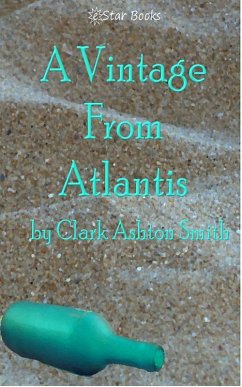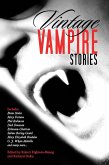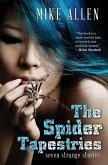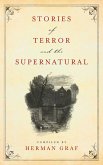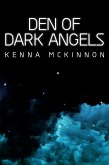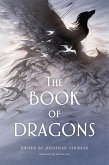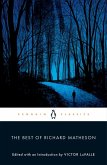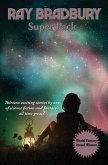The object had the form of a great jar, with a tapering neck and a deep, round, abdomens body. It was wholly encrusted with shells and corals that had gathered upon it as if through many ages in the ocean deeps, and was festooned with weeds and sea-flowers such as we had never before beheld; so that we could not determine the substance of which it was made. Excerpt I thank you, friend, but I am no drinker of wine, not even if it be the rarest Canary or the oldest Amontillado. Wine is a mocker, strong drink is raging . . . and more than others, I have reason to know the truth that was writ by Solomon the Jewish king. Give ear, if ye will, and I shall tell you a story such as would halt the half-drained cup on the lips of the hardiest bibber. We were seven-and-thirty buccaneers, who raked the Spanish Main under Barnaby Dwale, he that was called Red Barnaby for the spilling of blood that attended him everywhere. Our ship, the Black Falcon, could outfly and outstrike all other craft that flew the Jolly Roger. Full often, Captain Dwale was wont to seek a remote isle on the eastward verge of the West Indies, and lighten the vessel of its weight of ingots and doubloons. The isle was far from the common course of maritime traffic, and was not known to maps or other mariners; so it suited our purpose well. It was a place of palms and sand and cuffs, with a small harbor sheltered by the curving outstretched arms of rugged reefs, on which the dark ocean climbed and gnashed its fangs of white foam without troubling the tranquil waters beyond. I know not how many times we had visited the isle; but the soil beneath many a coco tree was heavy with our hidden trove. There we had stored the loot of bullion-laden ships, the massy plate and jewels of cathedral towns. Even as to all mortal things, an ending came at last to our visits. We had gathered a goodly cargo, but might have stayed longer on the open main where the Spaniards passed, if a tempest had not impended. We were near the secret isle, as it chanced, when the skies began to blacken; and wallowing heavily in the rising seas we fled to our placid harbor, reaching it by night-fall. Before dawn the hurricane had blown by; and the sun came up in cloudless amber and blue. We proceeded with the landing and burying of our chests of coin and gems and ingots, which was a task of some length; and afterward we refilled our water-casks at a cool sweet spring that ran from beneath the palmy hill not far inland. It was now midafternoon. Captain Dwale was planning to weigh anchor shortly and follow the westering sun toward the Caribbees. There were nine of us, loading the last barrels into the boats, with Red Barnaby looking on and cursing us for being slower than mud-turtles; and we were bending knee-deep in the tepid, lazy water, when suddenly the captain ceased to swear, and we saw that he was no longer watching us. He had turned his back and was stooping over a strange object that must have drifted in with the tide, after the storm: a huge and barnacle-laden thing that lay on the sand, half in and half out of the shoaling water. Somehow, none of us had perceived it heretofore. Red Barnaby was not silent long. "Come here, ye chancre-eaten coistrels," he called to us. We obeyed willingly enough, and gathered around the beached object, which our captain was examining with much perplexity. We too were greatly bewondered when we saw the thing more closely; and none of us could name it offhand or with certainty. The object had the form of a great jar, with a tapering neck and a deep, round, abdomens body. It was wholly encrusted with shells and corals that had gathered upon it as if through many ages in the ocean deeps, and was festooned with weeds and sea-flowers such as we had never before beheld; so that we could not determine the substance of which it was made.
Dieser Download kann aus rechtlichen Gründen nur mit Rechnungsadresse in A, B, BG, CY, CZ, D, DK, EW, E, FIN, F, GR, HR, H, IRL, I, LT, L, LR, M, NL, PL, P, R, S, SLO, SK ausgeliefert werden.

